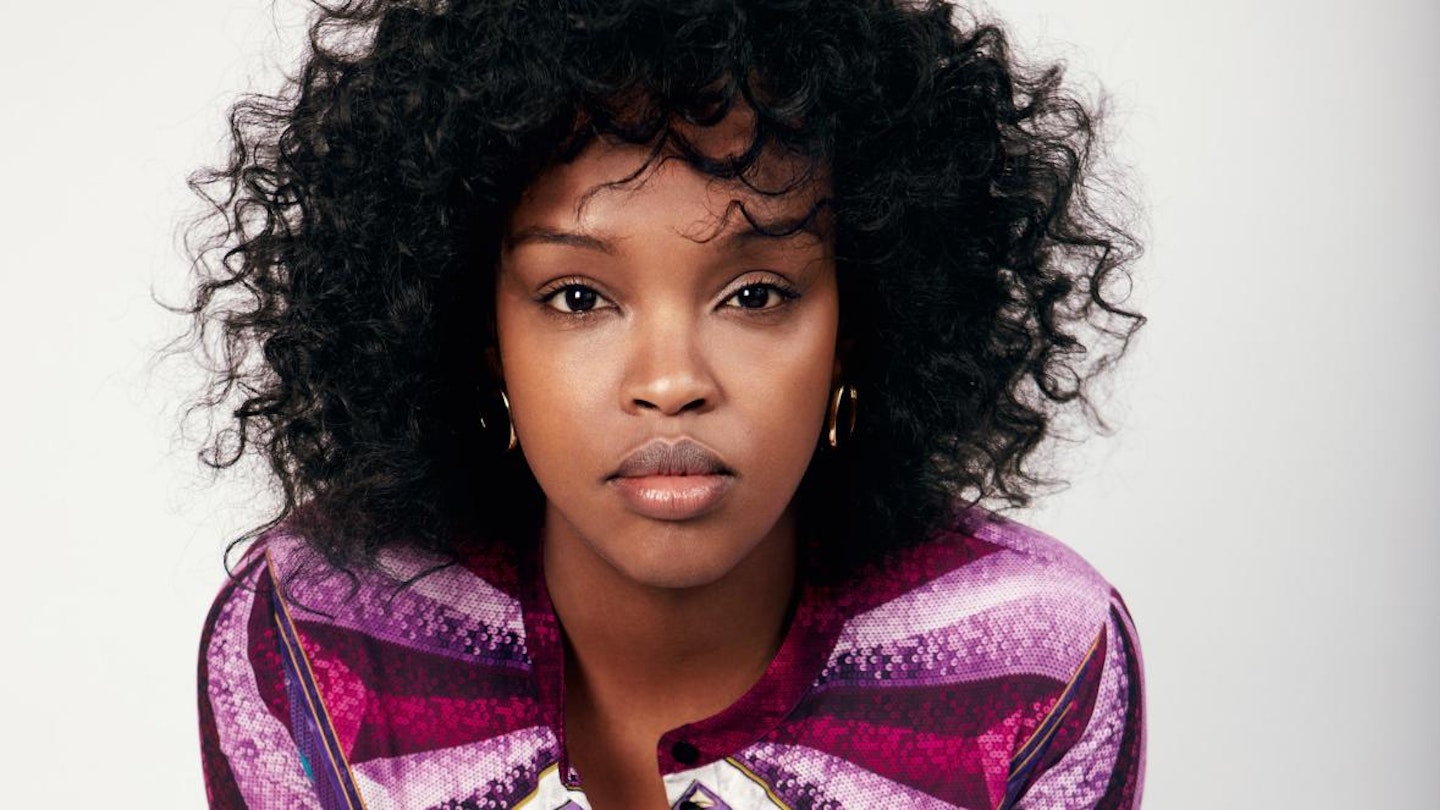When I underwent female genital mutilation (FGM) at age 7 in Djibouti, East Africa, I knew it was wrong. Actually, I thought it was stupid and I said so at the time. It took me years to understand that the reason this abusive act happened to me is because of my gender. FGM is carried out to exert power and control over women and girls - to stop a girl in her tracks and let her know her place in the world.
Over 30 years later, I can safely say that it did not work. As one of over 200 million women around the world living with FGM, I have found my voice and my power - and I am doing everything I can to make sure that this extreme human rights violation does not happen to other girls like me, 30 million of whom are at risk between now and 2030.
Earlier this year, The Five Foundation, which I co-founded, set up a fund for grassroots activists in Kenya - groups that are working to end FGM and other related forms of violence against girls. We have had commitments of $500,000 and are ready to hopefully make some serious progress in the coming years.
It is vital that we fund local activism that reflects best practice. This is why we are also partnering with the Population Council, which recently reported on what approaches work best. As long as the local groups consider this growing body of evidence, we are happy to let them make their own decisions on how to use the funding.
This sounds like an obvious thing to do, but each of the women activists we spoke to have said that this is one of the first times a donor has trusted them as the experts in their own contexts - instead of telling them what to do.
Here in the UK, I hope we will do more too to support charities in Africa that are leading the charge on ending FGM. The mindset of funding big NGOs is counter-productive. It is sometimes seen as low risk, but that is not what happens in practice. These bigger charities often end up sub-contracting the local groups to do the work, with far more restrictions and less likelihood of success.
Alternative rites of passage and community abandonment approaches are used in Kenya and elsewhere on the African continent, but there is little proof that they actually work over the long term. Donors need to listen more and believe frontline activists when they say this. Around ten years ago, a very popular approach was used in Senegal, which was not meaningfully led from the grassroots and which did not recognise the need for strong legislation against FGM. Unsurprisingly, data from that country shows that it is one of few countries where rates have actually increased.
We need to put women and girls at the centre of foreign policy and international aid.
In the past, the UK Foreign Office was seen as a leader on ending violence against girls - including on ending FGM. However, mistakes have been made and funding has not been used in the right way. We need to acknowledge this and put women and girls at the centre of foreign policy and international aid.
The work I do at The Five Foundation has pushed for this type of change for women and girls for several years now. At one of our events in 2019, we even hosted the new UK Prime Minister on a panel discussion about the economic costs of female genital mutilation (FGM). We have advocated for the minimum age of marriage to be increased to 18 in England and Wales, supported legislation to ban both virginity testing” and 'hymenoplasty' (a supposed restoration of a woman’s hymen), and successfully raised awareness of the need for the UK toratify the Istanbul Convention earlier this year.
It is my hope that the UK will go even further and put gender equality principles at the heart of its foreign policy. This will mean prioritising girls education and ending sexual violence around the world, but also ensuring that funding is available for women to access economic justice, and be meaningfully included in peace-building, politics and other positions of leadership and decision-making.
When war does break out - as we have seen in Ukraine, Ethiopia and elsewhere - the health, security and other rights of women and girls are often the first things to be thrown under the bus. However, when we are prioritised, not only do we feel safer and more secure, but so too will our country. It really is a win-win situation.
On this International Day of the Girl, I hope that we will finally start to understand that protecting girls and preventing violence against them is our best hope for peace and prosperity for everyone.
Nimco Ali is CEO ofThe Five Foundation, which works for women and girls around the world.
